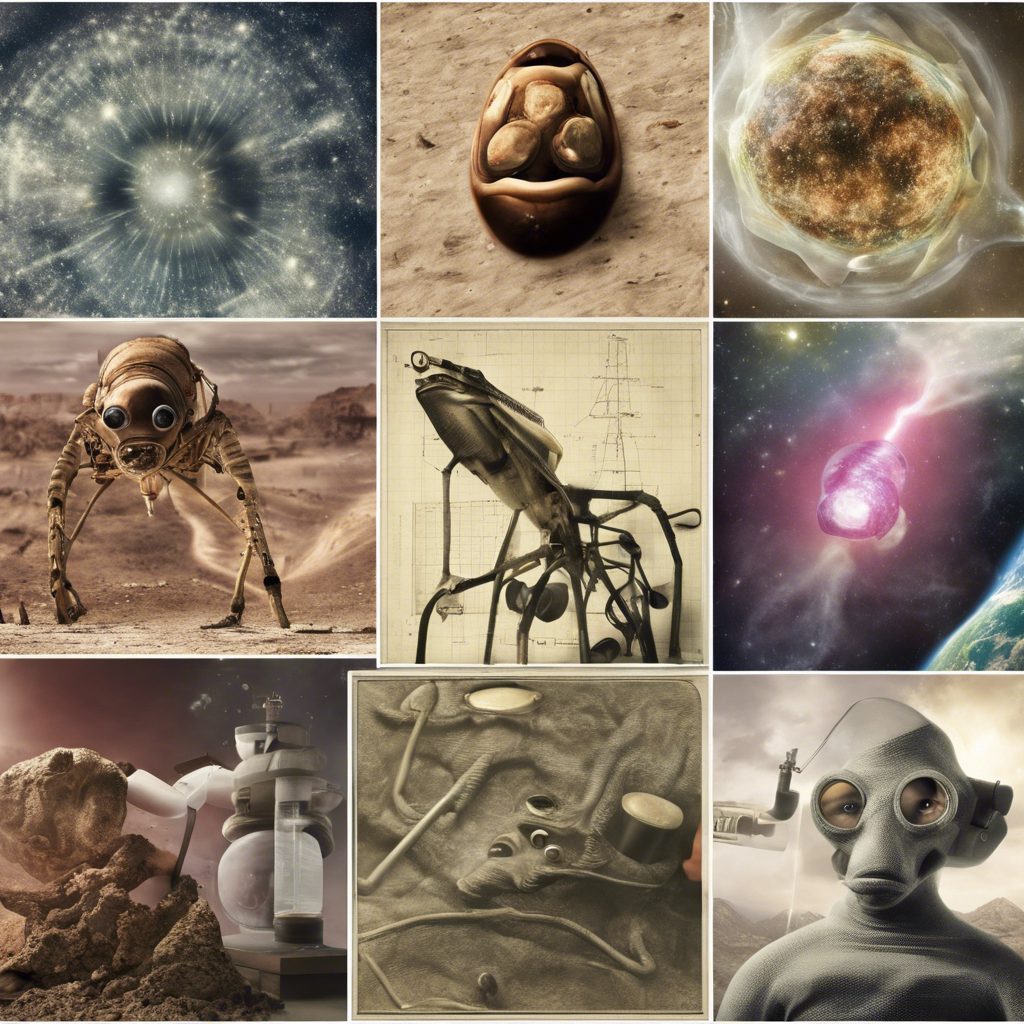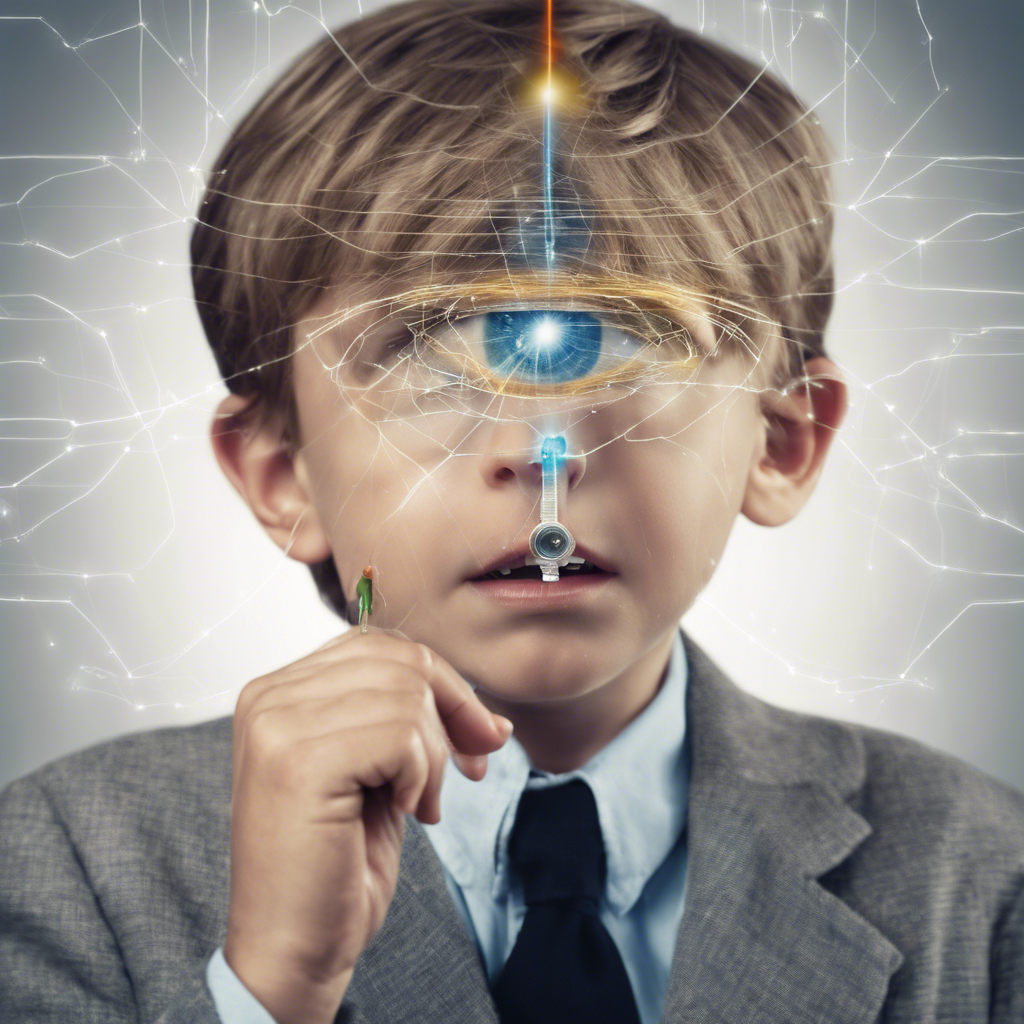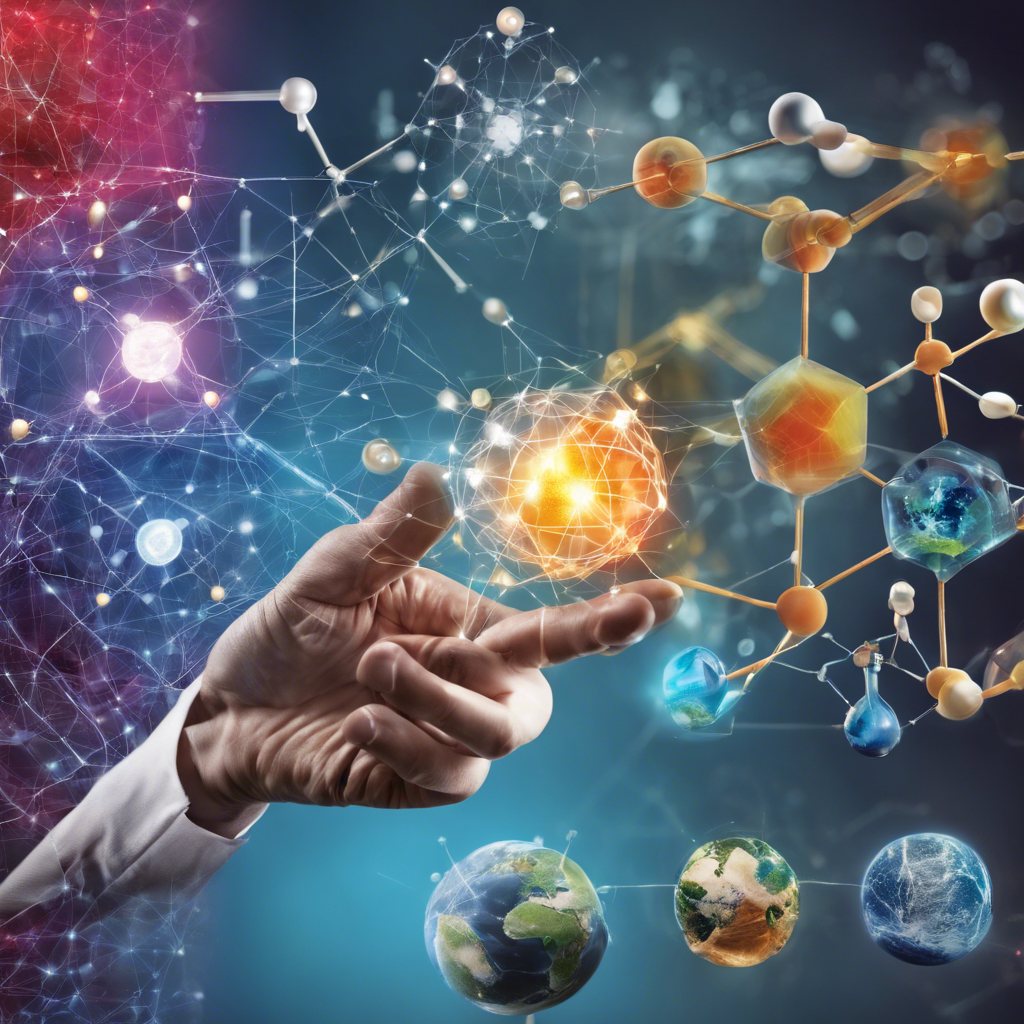How Artificial Intelligence is Revolutionizing Scientific Research
Artificial intelligence (AI) is revolutionizing scientific research, enabling scientists to make groundbreaking discoveries at an accelerated pace. From drug discovery to predicting tropical storms, AI is transforming the way we understand and explore the world. However, this rapid progress comes with a drawback. AI’s ability to process vast amounts of data and produce results without explanation is obfuscating the scientific process itself. In this article, we delve into the impact of AI on scientific research and the implications it has for the pursuit of knowledge.
AI in Drug Discovery
One area where AI is making significant strides is in drug discovery. Scientists are using artificial neural networks trained to analyze photographs or text to generate hypotheses about how the brain processes information. This innovative approach is leading to new insights into neurological disorders and potential treatments. Additionally, AI is being utilized to study genetic data, helping biologists understand rare diseases, improve immunotherapies, and gain a better understanding of SARS-CoV-2 variants of concern.
AI’s Unexplained Results
While AI is driving scientific progress, it often fails to provide explanations for its findings. Unlike human researchers who show their work and provide reasoning behind their conclusions, AI operates as a black box, making it difficult to understand the underlying mechanisms behind its discoveries. This lack of transparency raises questions about the validity and reproducibility of AI-generated results, challenging the traditional scientific method.
The Transformation of Science
AI is not only transforming specific fields within science but also reshaping the fundamental elements of scientific research. With the ability to predict tropical storms more accurately and quickly than conventional models, AI is revolutionizing weather forecasting. Additionally, AI models can analyze brain scans and reproduce what a person is looking at, opening up new possibilities for understanding the human mind. Furthermore, AI-driven algorithms are proposing millions of new materials that could enhance supercomputers and electric vehicles, pushing the boundaries of scientific innovation.
The Ethical Dilemma
The rise of AI in scientific research raises ethical concerns. As AI becomes increasingly integrated into the scientific process, questions of bias, accountability, and the role of human judgment arise. The reliance on AI algorithms to make important decisions in research and development necessitates careful consideration of the potential consequences and limitations of these technologies.
Balancing AI and Human Expertise
While AI offers immense potential for scientific advancement, it is essential to strike a balance between AI and human expertise. Human researchers bring intuition, creativity, and critical thinking to the table, complementing the computational power of AI. By combining the strengths of both humans and machines, scientists can maximize the benefits of AI while ensuring that the scientific process remains transparent and accountable.
Conclusion:
Artificial intelligence is revolutionizing scientific research, enabling breakthroughs that were once unimaginable. However, the lack of transparency and explanation behind AI-generated results poses challenges to the scientific method and the pursuit of knowledge. As AI continues to reshape the scientific landscape, it is crucial to address the ethical implications and strike a balance between AI and human expertise. By navigating these challenges, scientists can harness the full potential of AI while upholding the integrity and transparency of scientific research.











